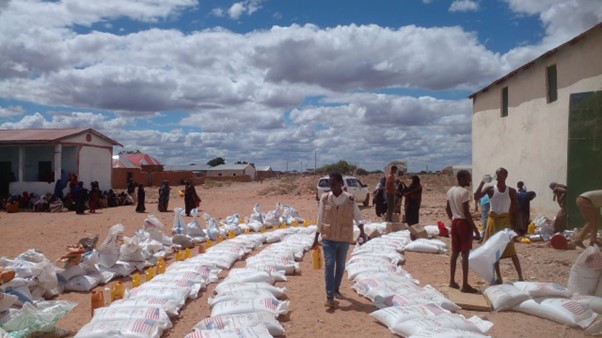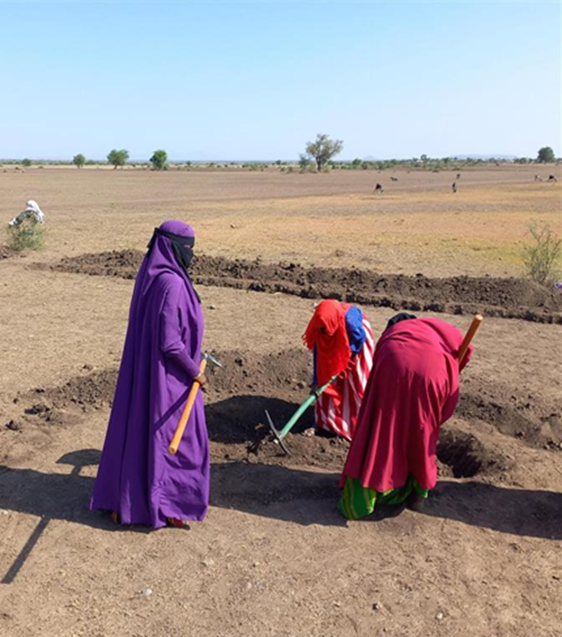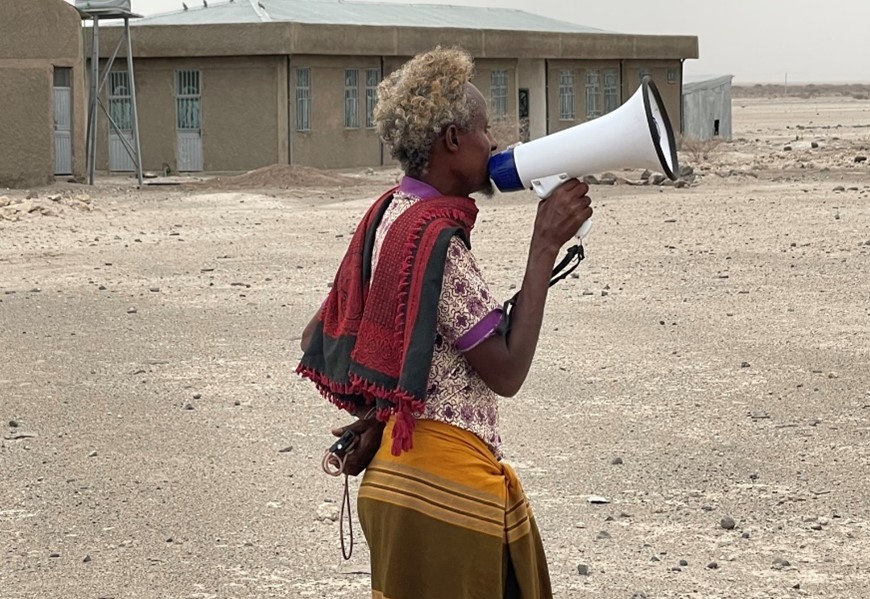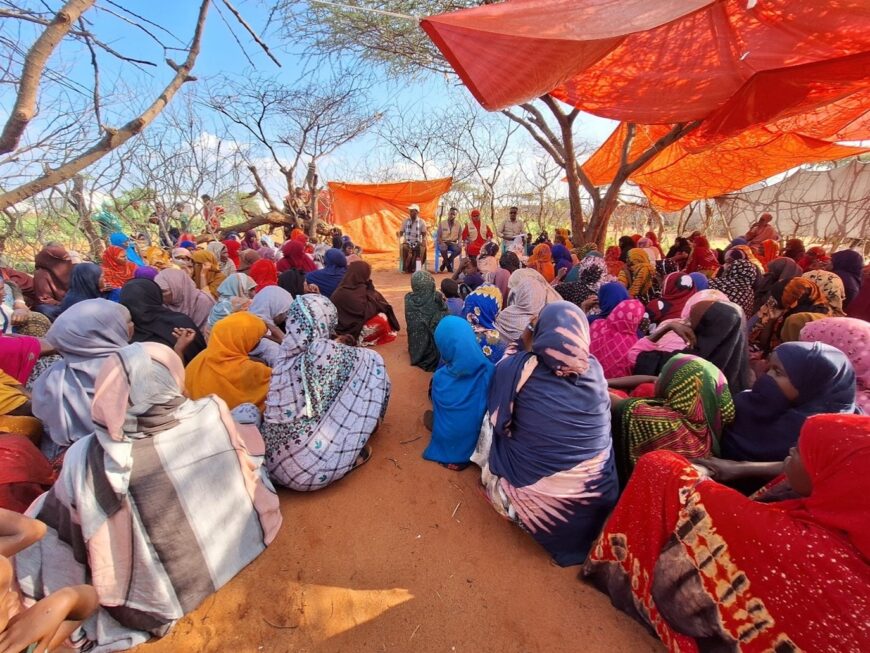Ethiopia
Operational since 2020 with projects conducted in Afar, Somali, Benishangul Gumuz, Oromia and Tigray Regions, Acted Ethiopia is committed to providing lifesaving support while promoting long-term resilience to Internally Displaced Persons (IDPs), returnees, refugees and host communities affected by conflicts and climate hazards (drought and floods). Our multisectoral expertise encompasses WASH, Food Security & Livelihoods, including Agriculture, Cash Assistance, Shelter, Camp Coordination and Camp Management (CCCM) and Protection. By supporting most vulnerable, hard-to-reach and remote communities, and fostering context-specific, impact-driven and climate-smart initiatives, Acted Ethiopia strives to contribute to a world with Zero Poverty, Zero Exclusion and Zero Carbon.
Ethiopia’s geographical and demographic profile makes it highly vulnerable to climate hazards and conflicts. Prolonged drought (since 2020) and subsequent floods (from mid-2023), combined with conflicts in Tigray (2020-2022) and Amhara (since 2023), inter-ethnic and inter-clan rivalries across the country, have left 21.4 million people across Ethiopia in urgent need of humanitarian aid. Acute Food Insecurity is widespread: most regions are in Stressed or Crisis phases, and 26 woredas are in Emergency phase nationwide.8 Structural deficits, including lack of basic services, notably WASH and Health infrastructures, and inflation (25% price increase since May 20239), also aggravate the situation. In response, Acted supports refugees, IDP, returnees, and host communities by implementing emergency and post-emergency programs, to help communities overcome and recover from crisis, and be more resilient to future shocks.
Acted in Ethiopia
Since 2020, Acted has gained meaningful experience implementing humanitarian projects in response to the multifaceted crisis faced by Ethiopians. Prioritizing the improvement of communities’ capacity to secure basic food, shelter, and access to clean water, Acted Ethiopia works in close collaboration with affected communities to ensure the relevance of interventions and ensure that beneficiaries have the means to provide for themselves and thrive on the long-term.
One of Acted Ethiopia’s key effort is the promotion of environment-focused interventions: as most targeted communities of Afar and Somali Regions are agropastoral, and as such, heavily rely on crop production, livestock breeding and biodiversity for a living, our projects focus on accompanying agro-pastoralists shift their livelihoods towards climate-smart and more sustainable practices and resource management.
Acted also works towards improved management and stronger coordination between humanitarian actors, local stakeholders and beneficiaries, especially in refugee and IDP camps. Doing so, Acted aims to ensure that the needs of all marginalized groups are met, to empower communities, and to enhance the overall effectiveness of the assistance provided.
In Ethiopia, Acted is bringing the THRIVE approach – Towards Holistic Resilience in Vulnerable Environments – to life. Our projects are designed to support drought– and conflict-affected communities in Afar Region adapt to and increase their resilience to climate change (shifting from monoculture to permagardening, training on climate-smart agricultural techniques) while fostering a thriving environment (land regeneration activities, biodiversity development, agricultural cooperatives strengthening). Camp Coordination and Camp Management (CCCM) is also one of Acted Ethiopia’s main effort towards Zero Exclusion and Zero Poverty, ensuring the needs of most hard-to-reach communities are addressed and coordination among actors in camp settings is effective.



